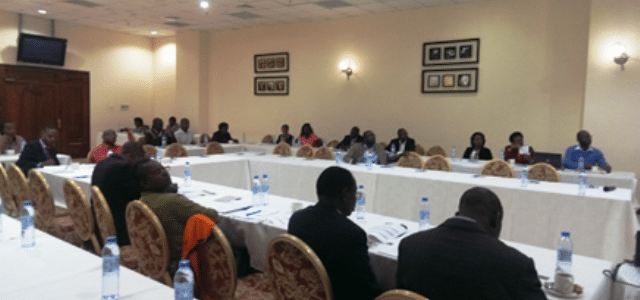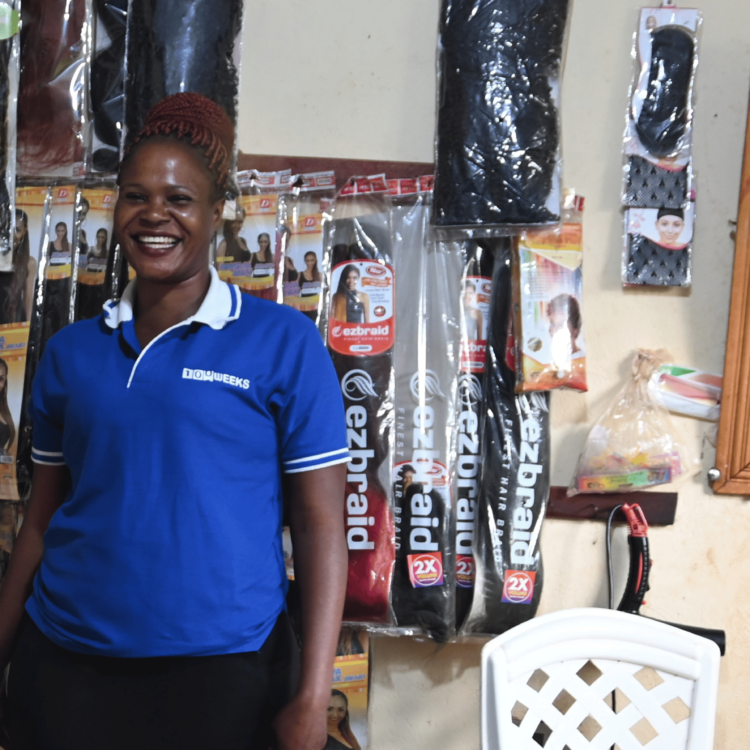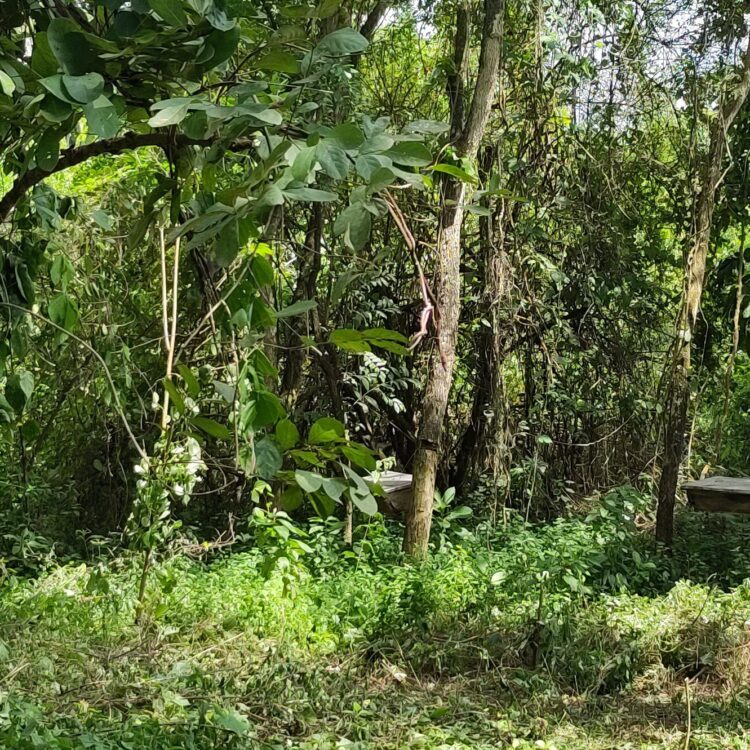
On 22 October, the research project ‘Building the economic case for investment in social protection in Uganda’ was officially launched with a kick-off workshop in Kampala, Uganda. The project is part of the research agenda of the Knowledge Platform on Inclusive Development Policies funded by the Ministry of Foreign Affairs of the Netherlands through NWO-WOTRO. Under the project, a consortium of researchers from Maastricht University, the University of Manchester and Makerere University, in collaboration with the Expanding Social Protection Programme (ESP) of the Ministry of Gender, Labour and Social Development of Uganda, will compare the cost-effectiveness of the ESP flagship programme Social Assistance Grants for Empowerment (SAGE) with alternative social protection programmes. The main objective is to generate empirical evidence of the link between social transfers and human capital development, enhanced household productive capacities and improved local economic outcomes. The research findings will contribute to evidence-based policy design and implementation and improve our understanding of the inclusive growth effects of social transfers.
The kick-off workshop introduced the project and engaged with a broad group of stakeholders, including policy makers, international donors, the local research community and civil society. Beatrice Okillan from ESP officially opened the workshop on behalf of the Permanent Secretary of the Ministry of Gender, Labour and Social Development. Franziska Gassmann (Maastricht University), principal investigator and project coordinator, discussed the link between social protection and inclusive growth and development and provided a compelling logic for extending social protection systems for inclusive development.
Fred Matovu, Firminus Mugumya (Makerere University), Daniel Malerba (University of Manchester) and Stephan Dietrich (Maastricht University) presented the research plan. Fred Matovu described the Ugandan country context and built the economic case for social protection in Uganda. He said that although there is political will to extend social protection measures, the funding allocated is considerably below what is needed. The research aims at changing the view that social protection is solely a cost and not a strategic investment that can further economic growth in Uganda in the medium and long term.
Stephan Dietrich and Firminus Mugumya outlined the four research questions. Research questions one and two analyse the potential rates of return SAGE will generate in the medium and long term and compare the outcomes with alternative social protection measures (such as the public works programme implemented under the Northern Uganda Social Action Fund (NUSAF), the school feeding programme and early childhood development interventions). The analysis will use quantitative data and methods based on microsimulation models. Research question three looks at the conditions under which social cash transfers have the potential to generate local multiplier effects. The analysis will predominantly use qualitative methods such as in-depth interviews and focus group discussions with SAGE and non-SAGE recipients and local economy service providers in SAGE communities. Research question four focuses on whether or not SAGE fosters economic and social mobility in Uganda. For this question, existing data from the Uganda National Panel Survey and the data generated in the microsimulations of research questions one and two will be used. Finally, Daniele Malerba introduced the research consortium and presented the timeframe for the planned research activities and knowledge management activities.
The presentation was followed by a lively discussion. The audience requested that the National Development Strategy be used as an overarching guide for the selection of alternative social protection programmes for comparison with SAGE. Shortly before the research team’s visit to Uganda the Government had decided to discontinue the SAGE Vulnerable Family Grant (VFG) and focus instead entirely on the Senior Citizens Grant (SCG); hence, some participants suggested including the VFG as an alternative social protection measure to verify whether or not the recent political decision is justified. Some participants wondered if preliminary results would be available by May 2016 in order to influence the debate on resource allocation in 2017. With respect to knowledge management activities, it was suggested to involve the parliamentary committees involved in social protection and ensure that the findings are shared with the Ministry of Finance and other government stakeholders.
Alongside the kick-off workshop, the research team used the opportunity to meet intensively. The team discussed ideas and sharpened the research questions, allocated roles and responsibilities, and made a plan for the next nine months. The team also met with the Uganda Bureau of Statistics and other stakeholders to discuss the available data and determine which social protection programmes to consider in the analysis.




